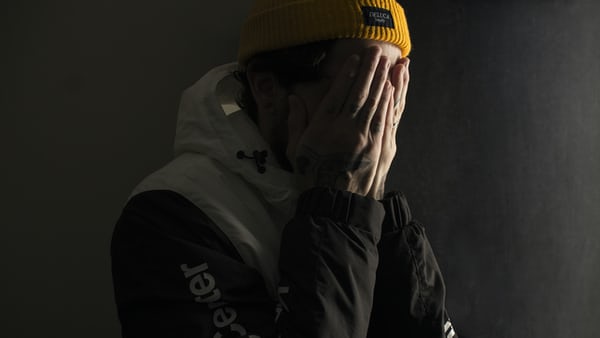Home › Market News › What It Takes To Be A Not So Good Trader – The Coach’s Playbook
Because we spend so much time concentrating our efforts on becoming good traders, it can sometimes become rather easy to overlook the more obvious reasons for why we’re not finding success in the futures markets.
Let’s get this part out of the way first; putting on a losing trade does not make you a bad trader. If you put in the work, trust the process, and have confidence in your strategy, then even a losing trade can be viewed as a good trade. In fact, you will often hear traders refer to their best trades as being losing trades; most likely because they had the presence of mind to accept a small loss before it turned into a big loss.
Trading futures requires flexibility and adaptability. A stubborn ego is not your friend in this business. While it is important to have strong convictions for initiating a new position, it’s just as important to be able to recognize when the market has turned against you, and that the indicators you rely on to determine future prices are proving to be wrong. This is one of the hardest things for a lot of traders to accept, and it’s usually when emotion takes over and bad decisions are made.
Keeping your emotions in check will save you a lot of money in the long run. Things like overtrading and revenge trading are direct results of a temporary loss of control.
If you find yourself in a situation where risking $5K to make $1K seems perfectly reasonable, try to remember to write down what you were feeling at that particular time, then go back and see if you still feel that the risk was justified.
When you’re losing money, It’s easy to be irrational. It’s hard to stop, take a step back, and really think about what you’re doing; that’s why so many traders fail.
Tune into our recent podcast with Dr. Andrew Menaker where he discusses the difference between feelings and emotions in trading. I guarantee you will learn something.
Trade well!
